Thursday Feb 19, 2026
Thursday Feb 19, 2026
Thursday, 17 February 2022 02:37 - - {{hitsCtrl.values.hits}}
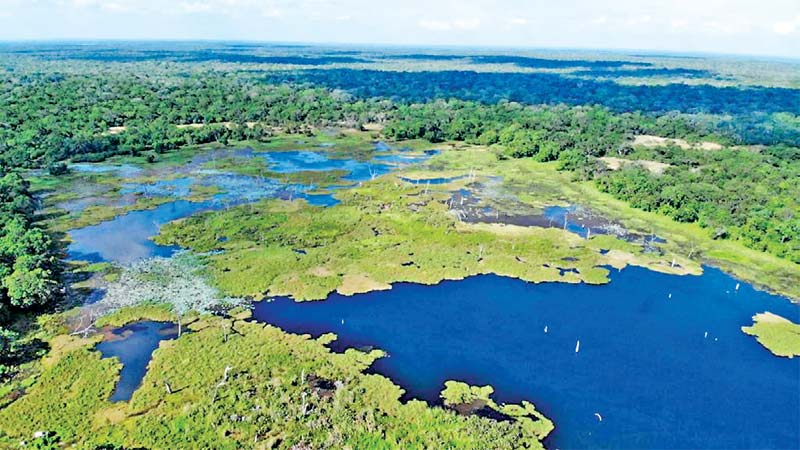
A Ramsar wetland in north-western part of Sri Lanka
 |
| QR code for Lecture Zoom link |
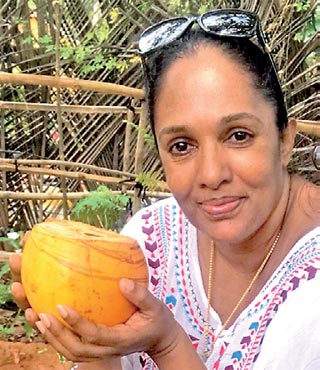 |
| Prof. Sevvandi Jayakody |
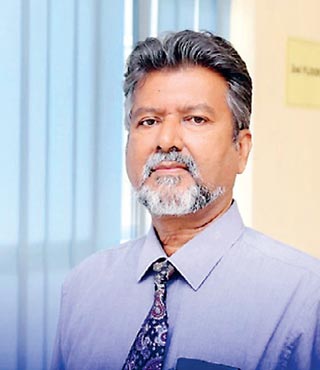 |
| Prof. Siril Wijesundara |
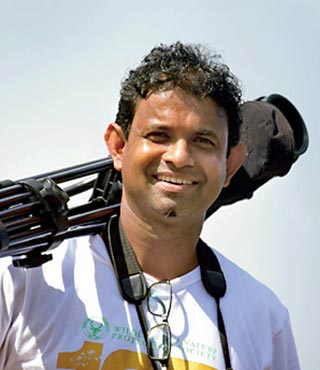 |
| Prof. Sampath Seneviratne
|
Wetlands are incorrectly perceived as wastelands – but they are the most biodiverse ecosystems – and home to some of the most fascinating, quirky plant and animal beings on the planet!
Colombo is a ‘City of Wetlands’. They play a vital role in reducing the impact of flooding, in absorbing pollutants from the air, and in improving water quality. Wetlands in Colombo store 90% of the annual carbon emissions from the city. They provide habitat for a wide diversity of life, and support plants and animals that are found nowhere else. Despite continuing loss and degradation, they still cover over 200 km2 of the Metropolis, and its suburbs. They are vital for the healthy well-being of the city’s residents. Colombo’s Wetlands store up to 30% of runoff during periods of heavy rainfall. They are natural sponges worth Billions. Significantly, wetlands benefit the urban poor from the livelihood they provide with their products, thus making considerable contribution to the food security of the city.
During the last 30 years an estimated 40% of the wetlands in Colombo has been lost due to direct and indirect impacts of urbanisation. Wetlands are increasingly drained, dammed and ‘developed’.
This in turn has reduced available freshwater, making our landscapes, food production, communities, economies and societies vulnerable and prone to natural, economic and social disasters. Unfortunately, many of the wetland ecosystems in Sri Lanka are now threatened by human activity. It is imperative, therefore, that the general population is made aware of their importance and of the need to take appropriate action to conserve these valuable ecosystems.
To explain the importance of these intricately interconnected and balanced wonders of evolution, and of wetlands great importance to the future wellbeing of the citizens of this country, the WNPS is privileged to have the services of three esteemed academics whose combined knowledge covers every facet of this complex eco-system.
Prof. Siril Wijesundara is a Research Professor attached to the National Institute of Fundamental Studies, Kandy. Since 1980, he has been associated with the Royal Botanic Gardens, Peradeniya, and retired as the Director General of Department of National Botanic Gardens in 2015. In 2006, Prof. Wijesundara was elected a Fellow of the National Academy of Sciences, Sri Lanka. He will make an introductory presentation explaining the numerous ecosystem services freely given to us by these amazing wetlands.
Prof. Sevvandi Jayakody is a General Committee member of the WNPS, holds a BSc. (Hons.) Degree in Zoology from the University of Kelaniya, a Postgraduate Diploma in Wildlife Management and Conservation from the Wildlife Institute of India, a PhD in Zoology from the University of Aberdeen. She has conducted post-doctoral research at the SCIRO, Australia, the James Hutton Institute, Scotland and at the IDRC, Canada. In 1997, she joined the Department of Wildlife Conservation as an Assistant Director and currently serves as a Senior Lecturer at the Wayamba University of Sri Lanka. Prof. Jayakody will speak on the ‘People Component of Wetlands’.
Prof. Sampath Seneviratne is a General Committee member of the WNPS and the current President of the Field Ornithology Group of Sri Lanka (FOGSL), and has made the conservation of Sri Lanka’s birds a mission of his life. A Senior Lecturer in Zoology at the Colombo University, he has a PhD in Evolutionary Ecology from Memorial University, Canada. In addition, Dr. Seneviratne is a member of the International Ornithological Union, Association for Tropical Biology and Conservation (ATBC), American Ornithologist’s Union (AOU), and the Oriental Bird Club (OBC). He will speak on ‘Wetlands connect us – it’s time for us to connect with Wetlands’.
The monthly lecture of the WNPS is supported by the Nations Trust Bank. It will recommence its physical lecture at the BMICH whilst continuing both the Zoom and FB live for the benefit of the members who connect from across the island and the world. You could simply scan the QR code to access the zoom link: https://us06web.zoom.us/j/85082744303.
The lecture is open to both members and non-members. Entrance free; members are kindly requested to follow all health and safety requirements at BMICH.
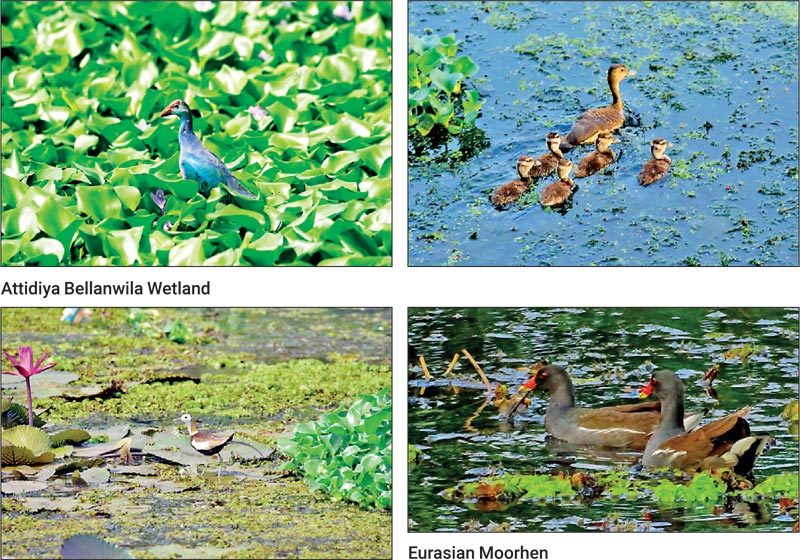
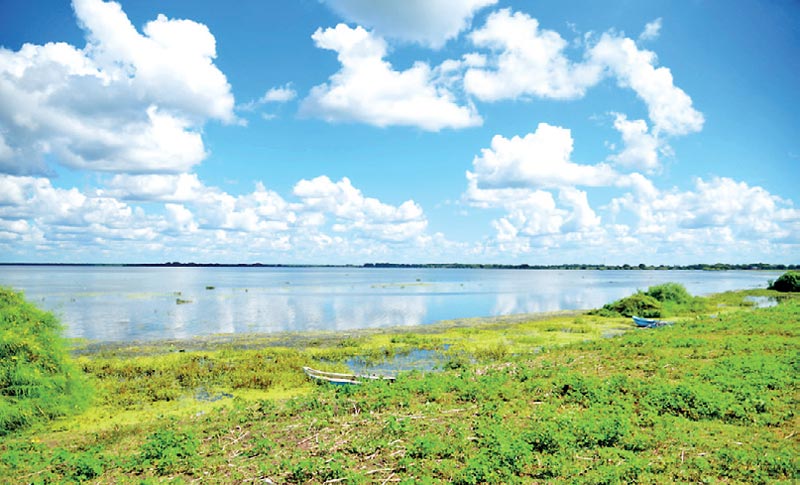
Mannar Wetlands
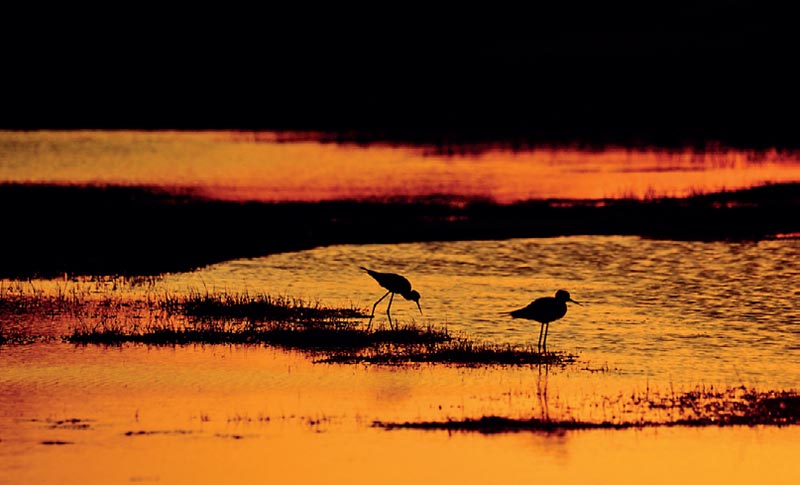
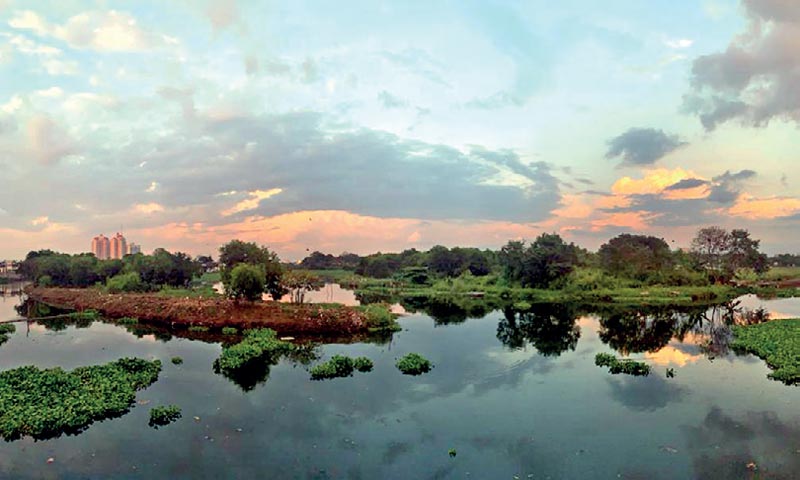
Mangroves - Urban Wetland